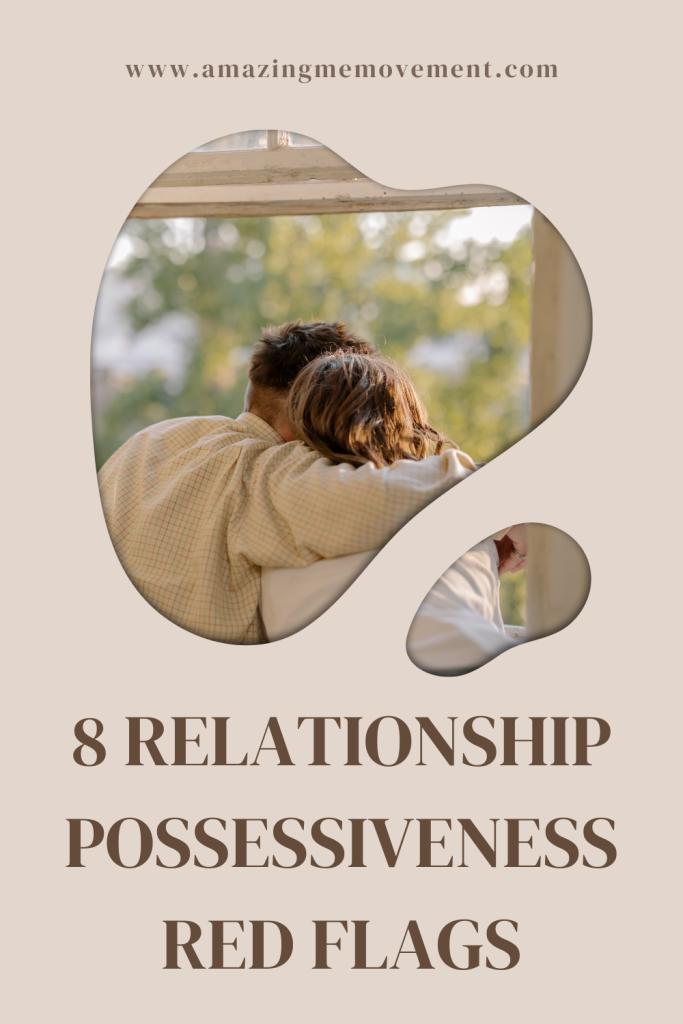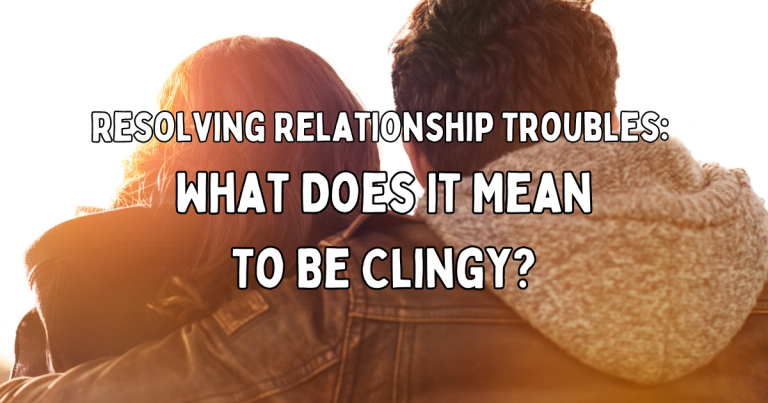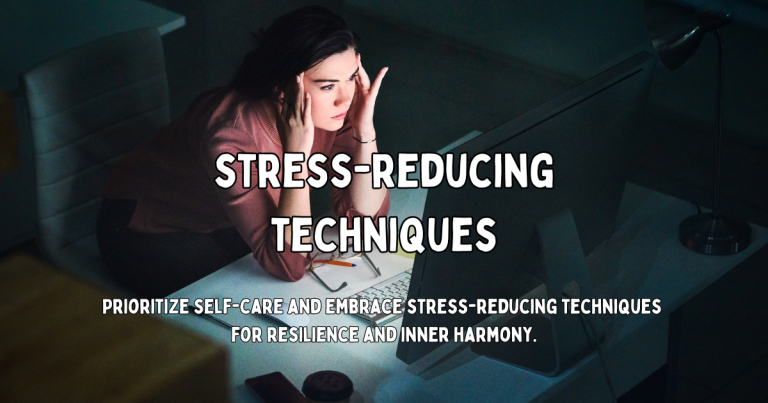8 Relationship Possessiveness Red Flags To Look Out For
Last Updated on 4 months by Iva Ursano
Feeling caught up in the tangled mess of a relationship? It happens more than you’d think. Sometimes, that fine line between caring and overbearing can get a bit fuzzy. Sure, it’s awesome to be close and spend time together, but when those harmless ‘how are you doing’ texts become a suffocating routine, it’s a red flag. Oftentimes, we dismiss relationship possessiveness as a loving gesture. However, it’s manipulation 101 disguised as something positive.

Just picture this: your partner’s cute worry about your whereabouts suddenly feels more like they’re keeping tabs on your every move. What seemed like innocent curiosity slowly turns into an incessant need to know every detail. Underneath that so-called ‘concern,’ you start sensing a web of distrust and control tightening its grip. Turns out, this possessiveness isn’t all hearts and rainbows – it’s rooted in insecurities and a lack of trust, eventually turning into something way more damaging. Make sure to check these signs of disrespect in a relationship and how to stop relationship paranoia.
Now, let’s go over eight signs of relationship possessiveness. Recognizing these signs is vital in understanding when boundaries are encroached upon and taking the appropriate steps to address the situation.
8 Indicators Of Relationship Possessiveness
They want to talk to you nonstop

Receiving an overwhelming amount of texts and missed calls from your partner might indicate an alarming pattern. Their consistent attempts to reach out while you’re away could suggest a lack of trust in the relationship, as noted by relationship experts. This conduct not only suggests a strong desire to monopolize your attention, even when you’re physically apart, but it also intrudes on your personal boundaries.
The incessant need for continual contact impedes your ability to fully participate in other aspects of your life. It blatantly disregards the boundaries you’ve set and is not a positive indicator. Disregarding these boundaries might lead to your needs not receiving the attention they require, according to relationship experts. A partner displaying possessive behavior by disregarding your personal space is failing to provide the essential support needed for your self-care and the growth of the relationship.
They are extremely jealous

Extreme jealousy and relationship possessiveness often go hand in hand, mostly because of some deep-rooted insecurities and a big urge for control. It’s cool to feel a little jealous sometimes in relationships, but when it takes over, it might point to some deeper stuff. Unless there’s some serious breach of trust, like actual cheating, this kind of intense jealousy usually comes from feeling insecure or wanting to control what your partner does.
A partner being possessive about your past relationships and experiences shows a different level of jealousy. Getting all fixated on who you’ve dated or what you’ve done before isn’t cool because, let’s be real, you can’t change what’s already happened. It’s just a way to make you feel bad and put you on the defensive. Spotting this super intense and not-cool jealousy is important because it signals a toxic part of the relationship that might make you think about both of your well-being.
Resolving Relationship Troubles: What Does It Mean To Be Clingy?
They stop you from hanging out with friends

When your partner feels uneasy or disapproves of your time with friends, it could suggest signs of possessiveness in the relationship. This behavior often originates from an insecure attachment style, specifically termed ‘preoccupied attachment.’ Those with this style tend to excessively focus on maintaining closeness and become highly sensitive to any perceived hints of abandonment. Consequently, when you seek time away, it triggers their anxiety, creating a sense of threat to the primary relationship.
Their discomfort arises from seeing your moments with friends as a direct challenge to the relationship. While you’re not expected to act as their therapist, acknowledging their concerns and providing reassurance about the relationship’s stability might help ease their worries. By emphasizing that time apart isn’t detrimental but rather an opportunity to strengthen the relationship through independence and diverse experiences, you can foster a more empathetic and balanced connection.
They prevent you from reaching your goals

If your partner starts questioning or discouraging your plans that don’t involve them or might lead to your personal growth, it’s a sign of possessiveness in the relationship. A partner who gets in the way of your personal aspirations often shows signs of deep possessiveness. Healthy relationships are all about backing each other’s dreams, encouraging growth, and allowing each other to become the best versions of yourselves, rather than putting a cap on potential.
This kind of behavior usually springs from their own insecurities. Possessive partners tend to have a narrow mindset and actions that make you feel limited as if you’re being held on a tight leash. Their fear of your personal growth or change comes from a deep-seated worry that your evolution might lead to a desire to part ways, even if that was never part of your thoughts. Their possessiveness ends up becoming a way to hold you back, reflecting their insecurities instead of supporting your personal progress within the relationship.
They react negatively when you want some me-time

When your partner consistently demands your time and attention, even expressing dissatisfaction when you seek personal space or engage in your own activities, it signifies possessiveness within the relationship. Simple desires, such as spending an evening on your interests, causing discomfort, or turning into a point of conflict for your partner, suggest an imbalance in the relationship dynamics.
If your partner visibly becomes distressed or upset when you try to have even a brief moment of space or move to another room, it indicates considerable issues related to control and insecurity. This possessive behavior illustrates a lack of respect for your personal boundaries, revealing an unhealthy discrepancy within the relationship. Feeling stifled or under control within your own space signifies a violation of your autonomy, indicating the need to review and establish healthier boundaries in the relationship.
They don’t have a life outside of your relationship

When your partner puts the relationship above achieving a balanced personal life, it may suggest possessiveness, especially if they lack individual plans or interests outside of it. While spending quality time together matters, it’s crucial for both of you to maintain individual hobbies, friendships, and personal space. If your partner solely focuses on the relationship, it could indicate over-reliance, potentially leading to possessive behaviors. Recognizing this is crucial for a healthy relationship.
Initiating a conversation about boundaries is crucial when your partner consistently seeks constant closeness. A healthy relationship requires space for individual growth and personal aspirations. Handling this issue empathetically is key. Setting clear boundaries and gently encouraging your partner to explore personal interests contribute to a more balanced dynamic. Open communication and support in addressing their insecurities can significantly improve the relationship’s growth.
They are manipulative

Being with a partner who’s emotionally and physically manipulative can indicate possessiveness. Their use of manipulation, like emotional abuse and gaslighting, can seriously shake your confidence. It gradually makes you question your thoughts, opinions, and reality. When someone continually undermines your confidence and belittles your decisions, it can create a dependency, making you seek their approval and guidance, solidifying their control—a classic sign of possessiveness in a relationship.
This manipulation isn’t just emotional; sometimes, it turns physical. They might resort to fear or force to maintain control, dictating your actions or causing harm. This blend of emotional and physical manipulation aims to keep you under their control, defining a relationship where they wield authority, and displaying possessive and controlling behavior.
Your close friends and family don’t like them

When your partner seems to bump heads with everyone in your circle, it’s a telling sign of possessiveness within your relationship. If your family, friends, or even colleagues don’t quite gel with your partner, it’s essential to dig deeper into the reasons. Rather than assuming it’s an unfair group attack on your partner, take a closer look. Sometimes, your partner’s actions or behavior might have strained these long-established relationships. Unraveling the root issues is important to understand why your partner clashes with those close to you and to carefully evaluate the situation, ensuring you make the right choices regarding your relationships.
Exploring why your partner clashes with your close connections is crucial. Some of these people have longer histories with you than your possessive partner and might have valid concerns. It’s vital to dissect the dynamics, identify any behaviors from your partner that might have caused discord, and make a thoughtful decision. Understanding the underlying issues and weighing the consequences of taking sides can help maintain the integrity of your relationships with family and friends while addressing any concerning aspects within your relationship.
Famous Authors Love Quotes To Inspire Your Relationship
Is Possessiveness Normal In Love?
In relationships, a level of possessiveness often arises from genuine care, affection, and the desire for intimacy with your partner. It’s entirely natural to crave a strong connection with your significant other. Yet, the way in which possessiveness is manifested and its intensity can potentially give rise to issues.
Excessive possessiveness, where one partner seeks to control the other’s behaviors or interactions, can significantly harm a relationship. Such behavior might stem from insecurities, fear of losing your partner, or past experiences. Managing these emotions in a healthy manner becomes pivotal. The foundation of a healthy relationship rests on respecting boundaries, nurturing trust, and promoting open communication.

Both you and your partner should feel comfortable, secure, and still have the space to maintain individuality. Should possessiveness escalate into controlling behavior, resulting in social isolation or triggering feelings of insecurity, it’s vital to confront these concerns. Healthy relationships thrive on mutual respect, trust, and the freedom for both individuals to grow while upholding their independence within the relationship.
Seeking counseling or engaging in open discussions between partners can assist in addressing and navigating these issues.
How Do You Deal With a Possessive Partner?
Navigating a relationship with a partner exhibiting signs of possessiveness can be challenging, but there are measures you can implement to manage this while fostering a healthy connection:
Establish Clear Boundaries

Express your hopes and boundaries clearly. Emphasize the value of maintaining distinct individualities and personal freedom within the relationship. Recognizing and respecting each other’s needs is fundamental for both individuals in the partnership.
Open Communication

Begin a candid and transparent discussion with your partner concerning their behavior. Communicate the impact of their possessiveness on you and work together to set clear boundaries. Emphasize the importance of trust and personal space in fostering a flourishing relationship.
Encourage Individuality Outside The Relationship

Assist your partner in exploring their unique interests and hobbies. Supporting their pursuit of passions and spending quality time with friends can effectively ease any feelings of insecurity they might be experiencing.
Strengthen Trust

Affirm your dedication to the relationship with your partner. Consistently displaying trustworthiness and reliability plays a vital role in fostering and upholding the trust between both of you.
It’s essential to remember that while understanding and supporting your partner is vital, it’s equally important to prioritize your own boundaries and emotional health in any relationship. If possessiveness becomes controlling or emotionally abusive, it might be necessary to reevaluate the relationship, seek professional guidance, and, in severe cases, consider your own mental and emotional well-being.
All About Relationship Possessiveness
When it comes to romantic relationships it’s a more rewarding choice to trust your partner even if it may cause moments of hurt rather than confining them. Adopting this mindset helps you recognize that you’re genuinely valued by someone who has chosen to be with you willingly. Taking care of your self-worth, enjoying your independence, and cherishing the authentic connection with your loved one help you maintain a strong sense of self. This self-confidence ensures that, regardless of the result, you gain from acting with integrity and staying true to yourself, influencing the path of any relationship significantly.
If you enjoyed learning about relationship possessiveness, take a look at these posts and they might help you on your journey:









